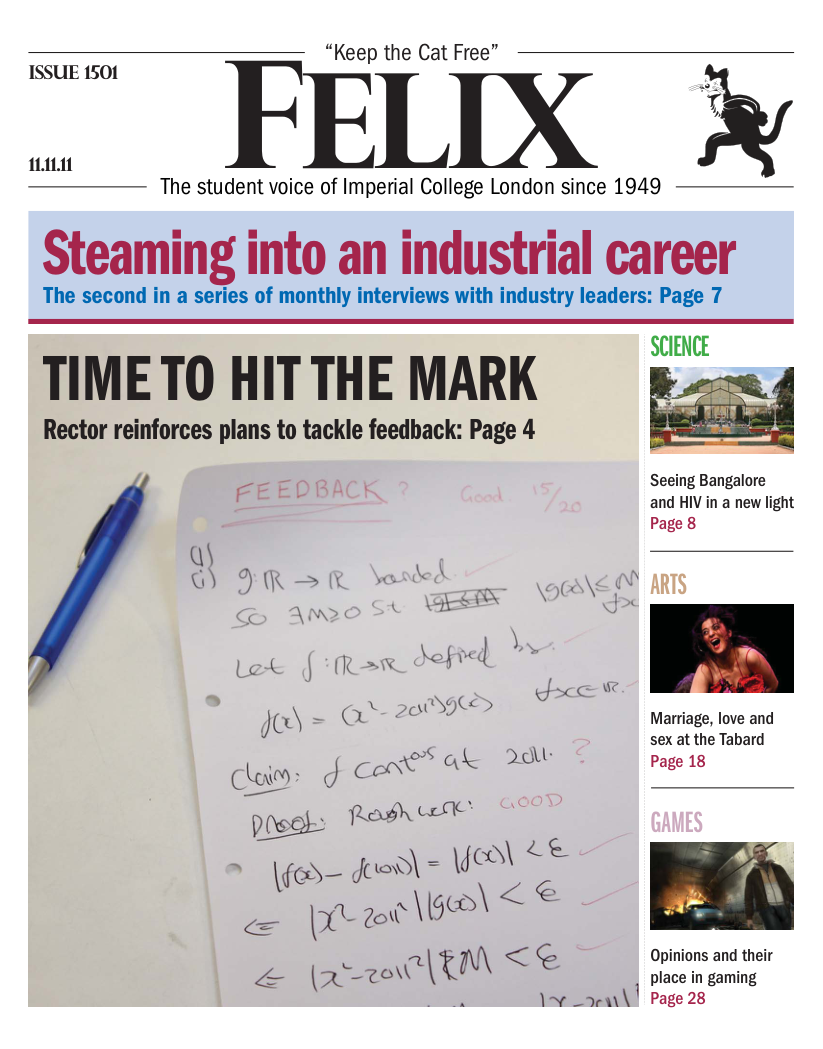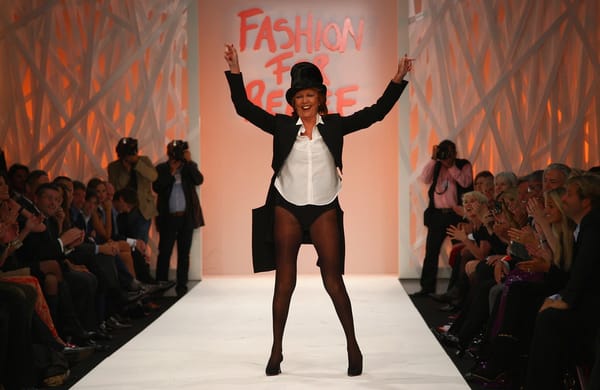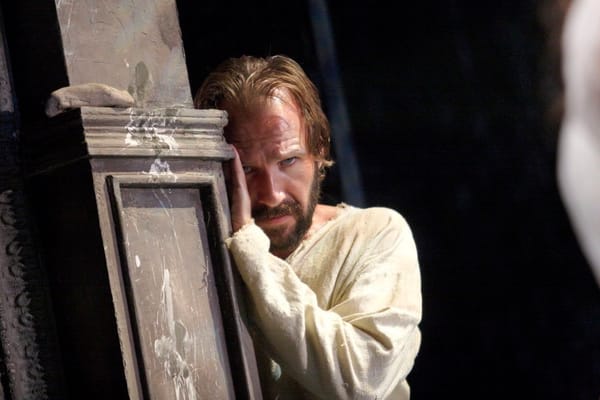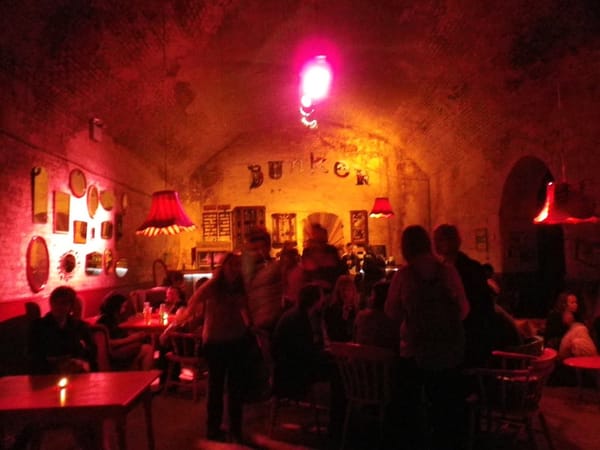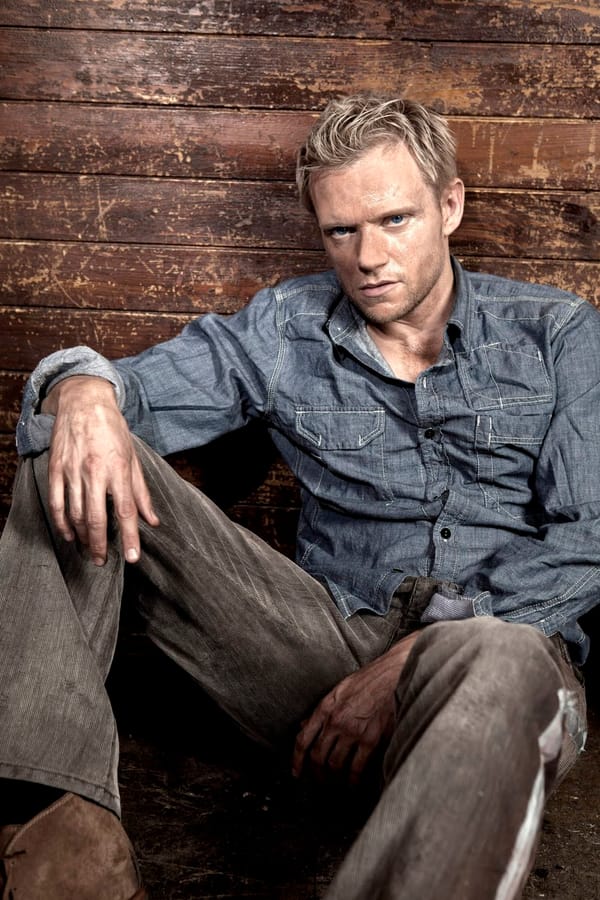Less love, more sex?
Margot Pikovsky reviews Love, Question Mark
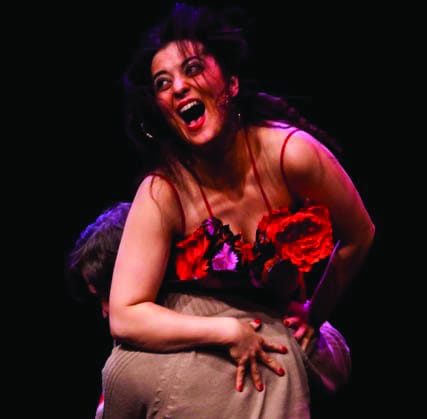
“SOCIETY still seems to want us to aspire to a stick-together-for–life-and-don’t-stray model for our person to person conduct. Why? Where does this aspiration to monogamy come from?” So runs the programme which I’m given for Robert Gillespie’s recent play Love, Question Mark. I am intrigued: after all, what does push two people together and incite them to spend the rest of their eternity in each other’s companies? Marriage, love, and sex: 3 age-old, hotly debated, feverishly contested and quintessentially relevant concepts. And I was going to be seeing a play about them; how could theatre possibly sound more enticing?
We open with Michael Smith (Sessions), middle-aged widower, musing on the definition of love. “‘Bread’, he argues ‘is an idea we can all come to some agreement about. But love? What on earth is love?’” Prompted by a late sexual awakening, he questions whether his content but insipid previous marriage fits the bill. What follows is an hour of pondering and debate on different questions relating to sex. Add to that the arrival of Maria (Cameron), a prostitute from Argentina, shipped over for the sole purpose of servicing Michael and we have what would appear to be a real forum of discussion between opposites: man and woman; social norm and social outcast. There are some truly challenging ideas raised too: violence, commitment in men, sexual experimentation vs. monogamous simplicity-- to name but a few, and all of these are fuelled with quotes and excerpts that Michael reads from literary authors, scientific thinkers, historical figures and religious faces. The play, if not interesting, is at the very least informative.
Unfortunately, much like the revelation of 2009’s Nobel Peace Prize winner, this play was largely and undeniably underwhelming. The first half had that astonishing quality of feeling rushed whilst remaining inherently stagnant. Ideas that would have merited from a good ten minutes worth of discussion and synoptical action were glossed over in a question of seconds. Gillespie evidently suffered from the rare problem of having too much inspiration and his play seems to burst at the seams with all the questions he’s ever wanted to ask about sex (notice, not so much love). It’s a pity, that in asking so many, he ends up answering few. I abashedly hesitate to say in fact, none. The plotline is virtually nonexistent until the second half when there is suddenly a rush of action and excitement which leaves the audience nothing short of bewildered. Most of all however, I’m troubled by the conclusions, what few of them there are anyway, that Gillespie seems to come to. Dare I say it’s pessimistic to assume that all men may want out of any and every relationship is ‘to cum and keep on cumming’? Or that each and every man shirks from commitment, particularly that ultimate and inevitable one: parenthood? On the subject of marriage itself, he seems to resolve that it’s just a struggle to relive those first six weeks of bliss, that honeymoon period but that eventually all it becomes is ‘the hell of familiarity and boredom’. But is it safe to assume that every marriage is just that?
Despite the limitations of the script, I have to hand it to the actors for their thoroughly commendable performances. Stuart Sessions succeeds in accurately portraying the Everyman character of Michael Smith without failing to keep the audience engaged (I didn’t notice my attention wandering once in the two hours) and his comic timing is impeccable throughout. Clare Cameron meanwhile boasts a sizzling and somewhat terrifying stage presence, albeit the sometimes off-putting discrepancies in her Spanish accent are.
Although undoubtedly thought provoking, it pains me to describe this production as unremarkable. As you’d expect from its title, Love, Question Mark raises enough questions, but the answers lack the depth and development needed for the audience to leave feeling edified. Whilst I’d never want to increase The Sun’s circulation, Gillespie’s play is something of a glorified Dear Deidre column and with tickets selling at sixty times the price of the red top, it isn’t really sixty times better.
Love, Question Mark runs at the Tabard Theatre until 23 November

